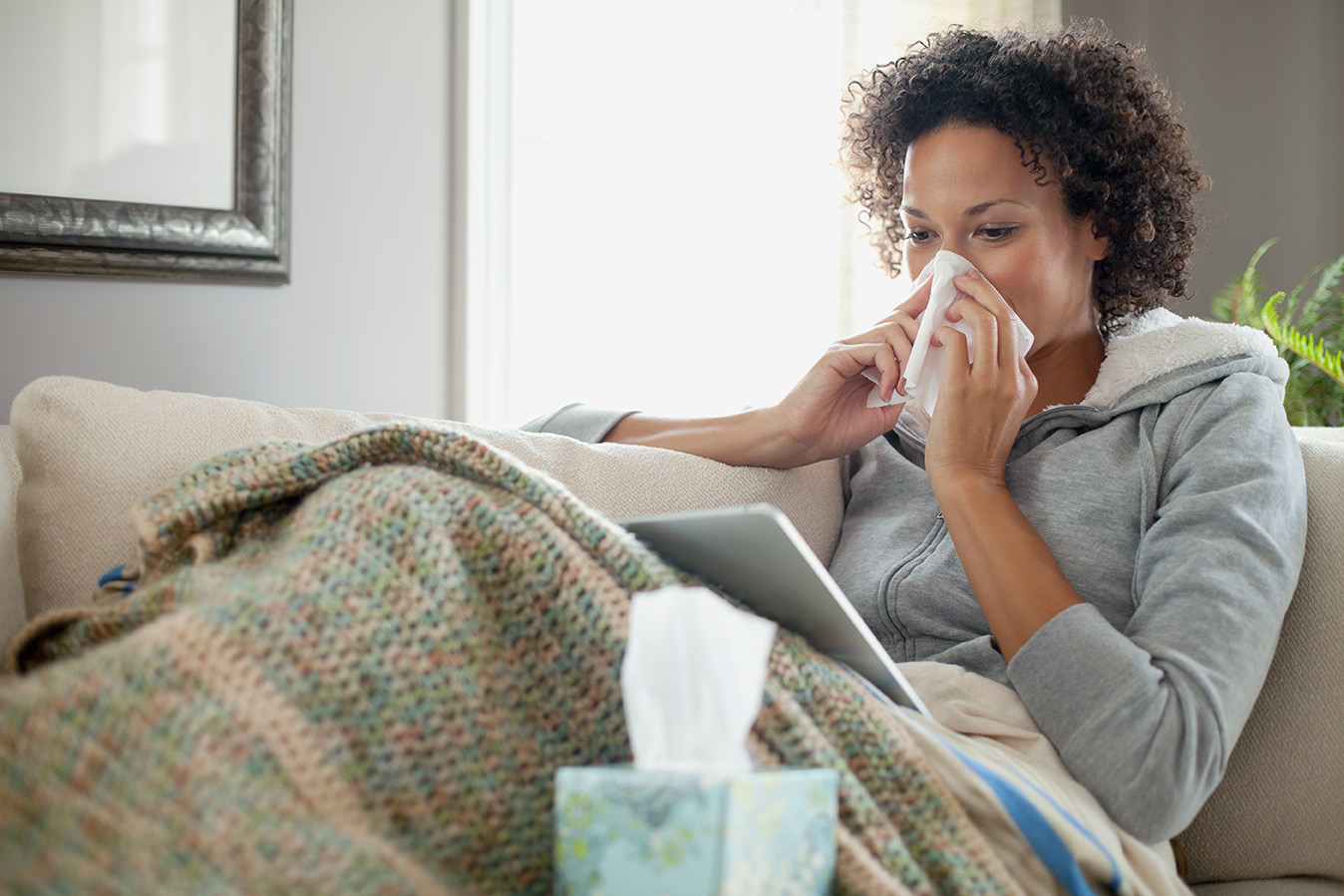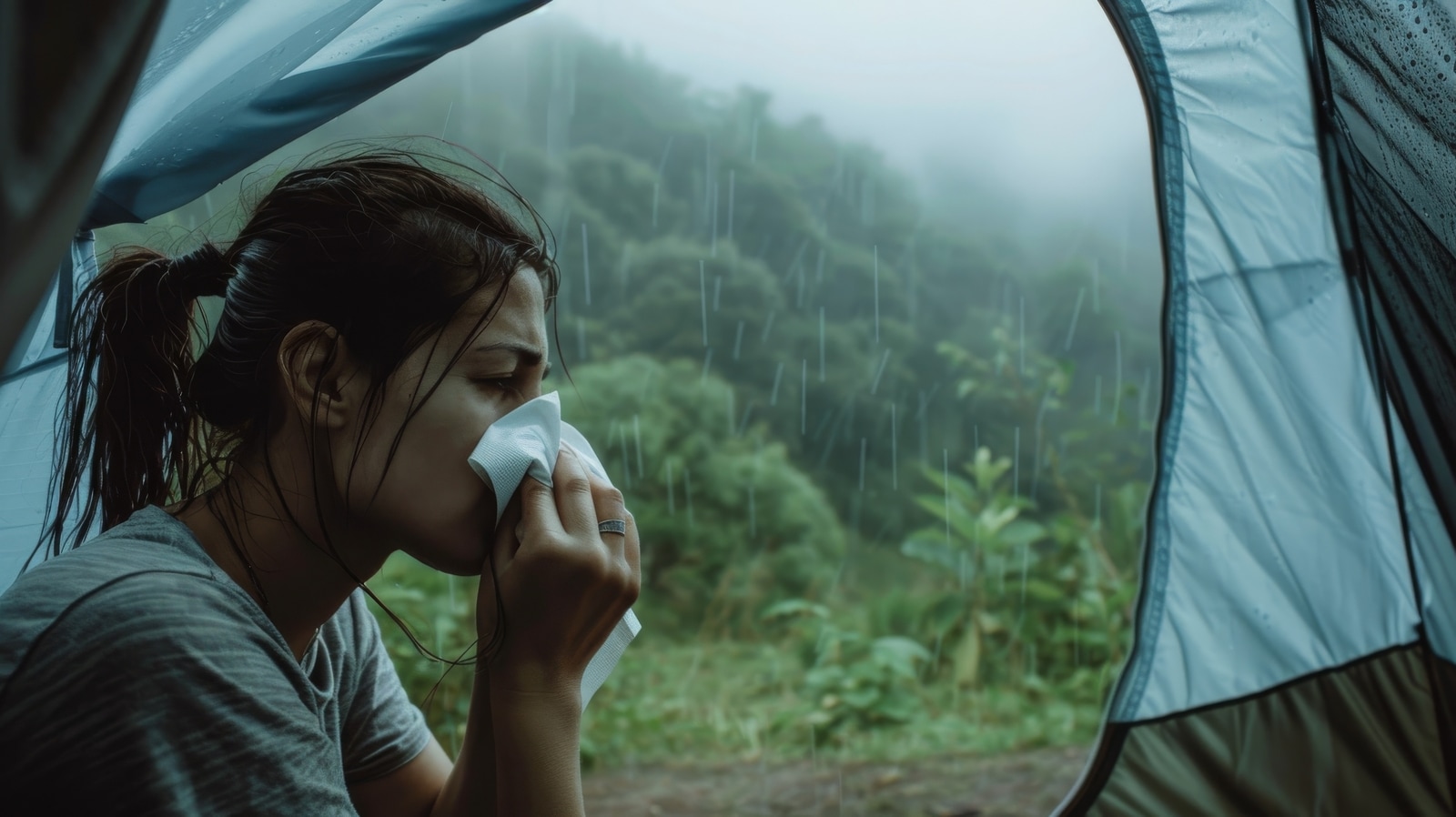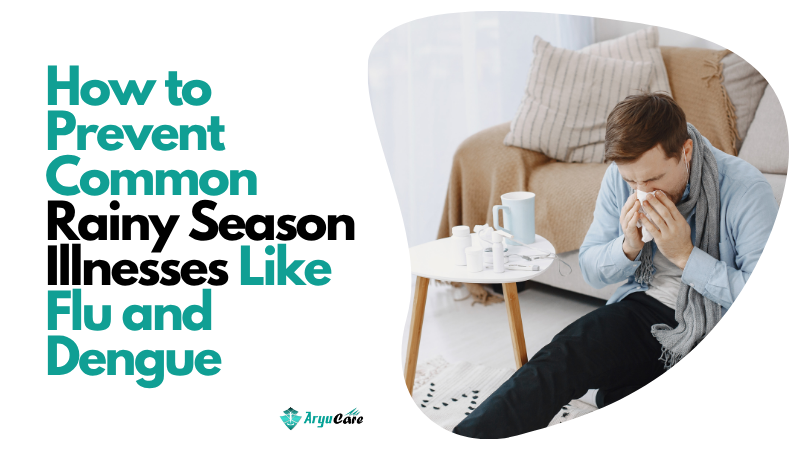Antibiotics
How to Prevent Common Rainy Season Illnesses Like Flu and Dengue
The rainy season brings refreshing showers and cooler weather, but it also ushers in health challenges like fevers and infections that can affect your entire family. Monsoon fevers, such as dengue, malaria, typhoid, and viral flu, thrive in the damp, humid conditions of the rainy season. Protecting your loved ones requires proactive steps to prevent these illnesses and keep everyone healthy. In this blog, we’ll explain the causes of monsoon fevers, share practical monsoon health tips, and provide simple strategies to safeguard your family during the rainy season. Let’s dive in!
Why Are Fevers Common During the Rainy Season?
The monsoon creates a perfect breeding ground for viruses and bacteria, leading to a spike in fevers. Here’s why:
-
Mosquito-Borne Diseases: Stagnant water from heavy rains becomes breeding sites for mosquitoes, spreading diseases like dengue, malaria, and chikungunya, which cause high fevers, body aches, and fatigue.
-
Waterborne Infections: Contaminated water from flooding or poor sanitation can lead to typhoid, cholera, or viral gastroenteritis, often accompanied by fever.
-
Viral Infections: Humid air and temperature changes make viral fevers, like the common flu or respiratory infections, more common.
-
Weakened Immunity: Sudden weather changes and exposure to damp conditions can lower your body’s defenses, making you more prone to infections.
Understanding these causes is the first step to preventing monsoon fevers and ensuring your family’s health.

Common Monsoon Fevers and Their Symptoms
Here are the most common fevers during the rainy season and their key symptoms:
-
Dengue Fever:
-
Symptoms: High fever, severe headache, joint and muscle pain, rash, fatigue, and mild bleeding (e.g., nosebleeds).
-
Cause: Spread by Aedes mosquitoes, which breed in stagnant water.
-
-
Malaria:
-
Symptoms: Fever with chills, sweating, headache, nausea, and body aches.
-
Cause: Spread by Anopheles mosquitoes, common in waterlogged areas.
-
-
Typhoid:
-
Symptoms: Prolonged fever, weakness, stomach pain, loss of appetite, and constipation or diarrhea.
-
Cause: Contaminated food or water carrying Salmonella typhi bacteria.
-
-
Viral Fever/Flu:
-
Symptoms: Fever, sore throat, cough, runny nose, body aches, and fatigue.
-
Cause: Viruses spread through droplets or contact in humid conditions.
-
-
Chikungunya:
-
Symptoms: High fever, severe joint pain, rash, and fatigue.
-
Cause: Spread by Aedes mosquitoes, similar to dengue.
-
If you or a family member experience these symptoms, especially high fever lasting more than 2–3 days, consult a doctor immediately for proper diagnosis and treatment.
How to Protect Your Family from Monsoon Fevers
Preventing monsoon fevers requires a mix of good hygiene, environmental control, and healthy habits. Here are practical monsoon health tips to keep your family safe:
1. Prevent Mosquito-Borne Fevers
-
Eliminate Stagnant Water: Check your home and yard for standing water in pots, coolers, or buckets. Empty and clean them weekly to stop mosquitoes from breeding.
-
Use Mosquito Protection: Apply mosquito repellent creams (DEET-based) on exposed skin, especially for kids. Use mosquito nets, screens, or coils indoors.
-
Wear Protective Clothing: Dress your family in long-sleeved shirts and pants, especially during dawn and dusk when mosquitoes are active.
-
Install Screens: Fit windows and doors with mosquito screens to keep insects out.
2. Ensure Safe Drinking Water
-
Boil or Filter Water: Use boiled or purified water for drinking and cooking to avoid waterborne infections like typhoid. Consider a UV or RO water purifier for added safety.
-
Avoid Outside Food: Skip street food or unpackaged drinks during the monsoon, as they’re more likely to be contaminated.
-
Store Water Safely: Use clean, covered containers to store drinking water and prevent bacterial growth.
3. Boost Family Immunity
-
Eat a Balanced Diet: Include immune-boosting foods like citrus fruits (oranges, lemons), leafy greens, yogurt, and nuts. Spices like turmeric, ginger, and garlic can also help fight infections.
-
Stay Hydrated: Encourage everyone to drink 8–10 glasses of clean water daily to support overall health.
-
Consider Supplements: Under a doctor’s guidance, give your family vitamin C, zinc, or multivitamins to strengthen immunity, especially for kids and the elderly.
4. Maintain Hygiene
-
Wash Hands Often: Teach kids to wash hands with soap before eating and after coming indoors to prevent viral and bacterial infections.
-
Keep Home Clean: Regularly disinfect surfaces, especially in bathrooms and kitchens, to reduce germs in humid conditions.
-
Dry Wet Clothes: Avoid leaving damp clothes or shoes lying around, as they can harbor fungi or bacteria.
5. Stay Dry and Warm
-
Use Rain Gear: Equip your family with umbrellas, raincoats, and waterproof shoes to stay dry and avoid catching colds or viral fevers.
-
Change Wet Clothes: After getting wet, change into dry clothes immediately and dry your feet to prevent infections like fungal rashes.
-
Keep Kids Warm: Ensure children stay warm during cooler monsoon evenings to avoid chills and respiratory issues.
6. Monitor Health Closely
-
Watch for Symptoms: Check for fever, rashes, or fatigue, especially in kids and seniors. Use a thermometer to monitor temperature regularly.
-
Seek Early Treatment: If fever or symptoms persist beyond 2 days, visit a doctor for tests (e.g., blood tests for dengue or malaria) and treatment like antivirals (e.g., ACIVIR DT 400mg for herpes-related conditions) or antibiotics for bacterial infections.

Home Remedies to Support Recovery
While medical treatment is essential for serious fevers, these home remedies can support recovery alongside a doctor’s advice:
-
Hydration: Drink warm water, herbal teas (with ginger or Tulsi), or coconut water to stay hydrated and flush out toxins.
-
Rest: Ensure plenty of rest to help the body fight infections, especially for kids recovering from chickenpox or viral fevers.
-
Warm Soups: Serve vegetable or chicken soup with ginger and black pepper to soothe symptoms and boost immunity.
-
Turmeric Milk: A glass of warm milk with a pinch of turmeric can reduce inflammation and support recovery.
When to See a doctor
Seek medical help immediately if your family experiences:
-
High fever (above 102°F/39°C) lasting more than 2 days
-
Severe headache, joint pain, or rash (possible dengue or chikungunya)
-
Persistent vomiting, diarrhea, or stomach pain (possible typhoid)
-
Difficulty breathing or chest pain
-
Signs of dehydration (dry mouth, sunken eyes, or reduced urine)
Early diagnosis and treatment (e.g., antivirals like ACIVIR DT 400mg for herpes-related infections or antimalarials for malaria) can prevent complications.
Special Tips for Protecting Kids and Seniors
-
Kids: Ensure they wear rain gear, avoid playing in puddles, and get vaccinated (e.g., flu shots if recommended). Use kid-friendly mosquito repellents and monitor for rashes or fever.
-
Seniors: Keep them warm and dry, as they’re more prone to respiratory infections. Ensure they stay hydrated and follow prescribed medications for chronic conditions.
Final Thoughts
The rainy season can be a risky time for monsoon fevers like dengue, malaria, typhoid, and viral flu, but with the right precautions, you can keep your family safe and healthy. By preventing mosquito bites, ensuring clean water, boosting immunity, and maintaining good hygiene, you’ll reduce the risk of infections. Monitor symptoms closely and seek medical help early if needed to avoid complications.


